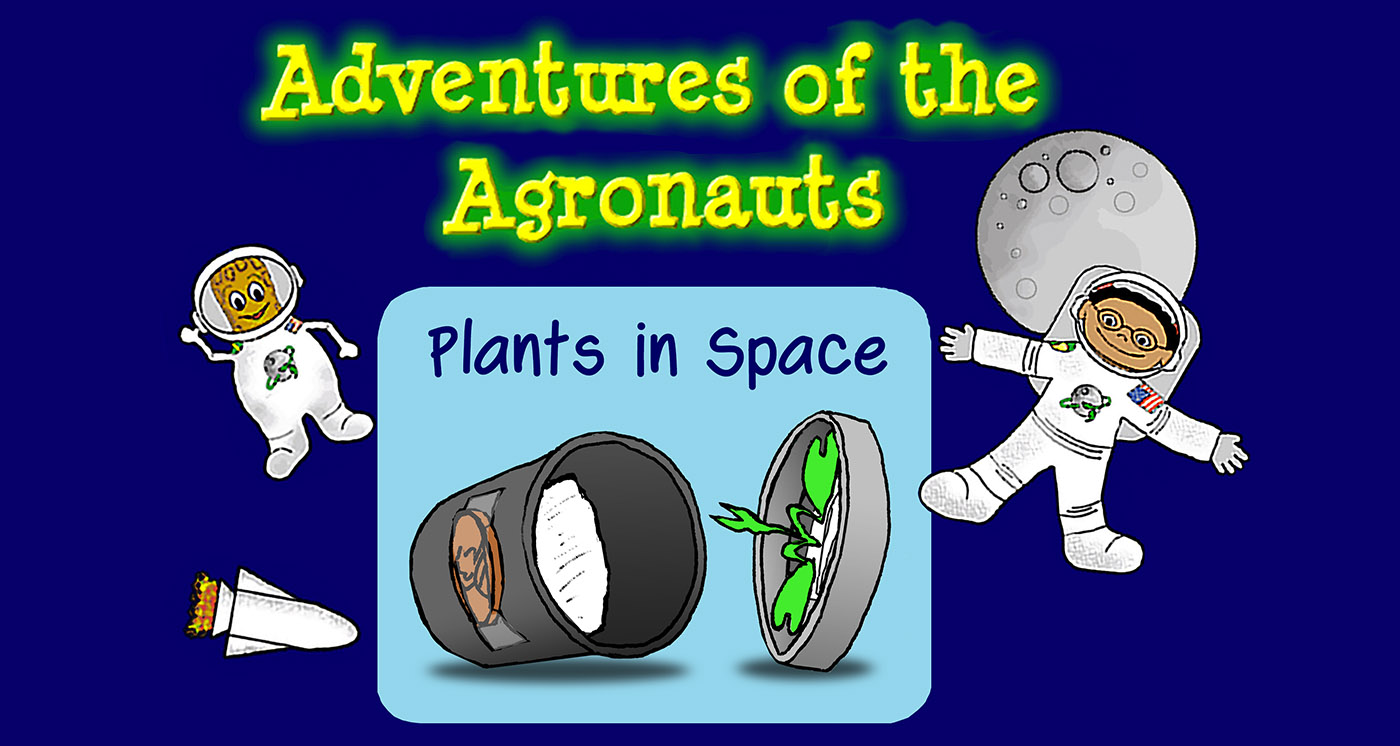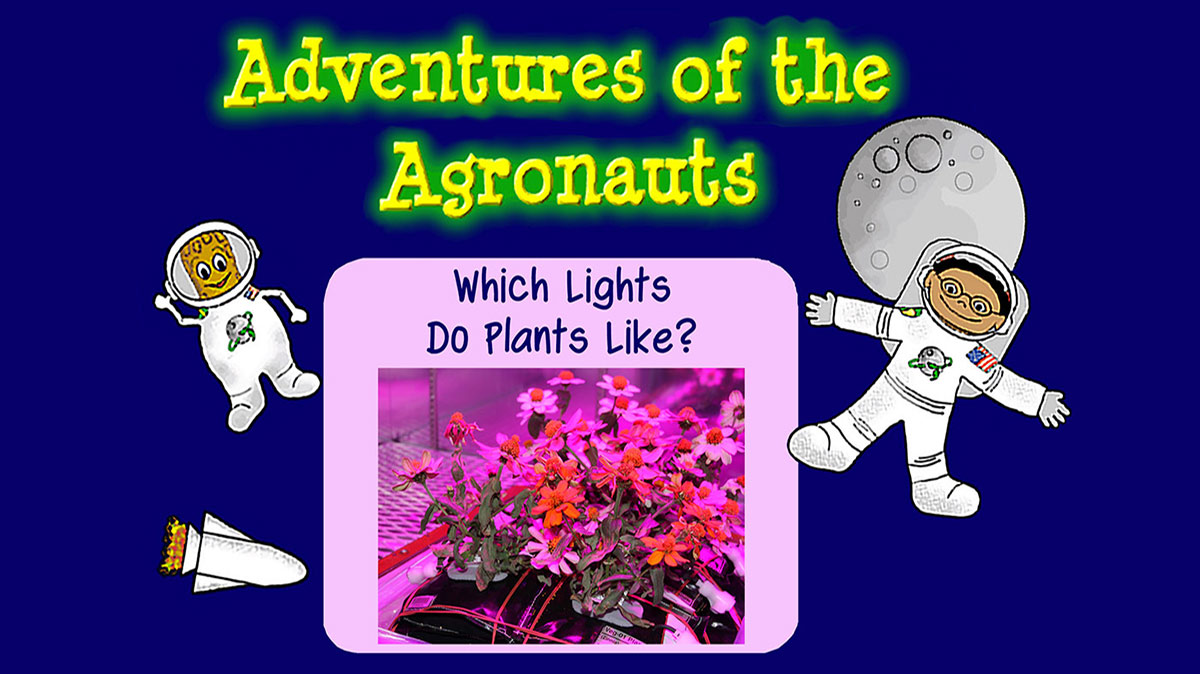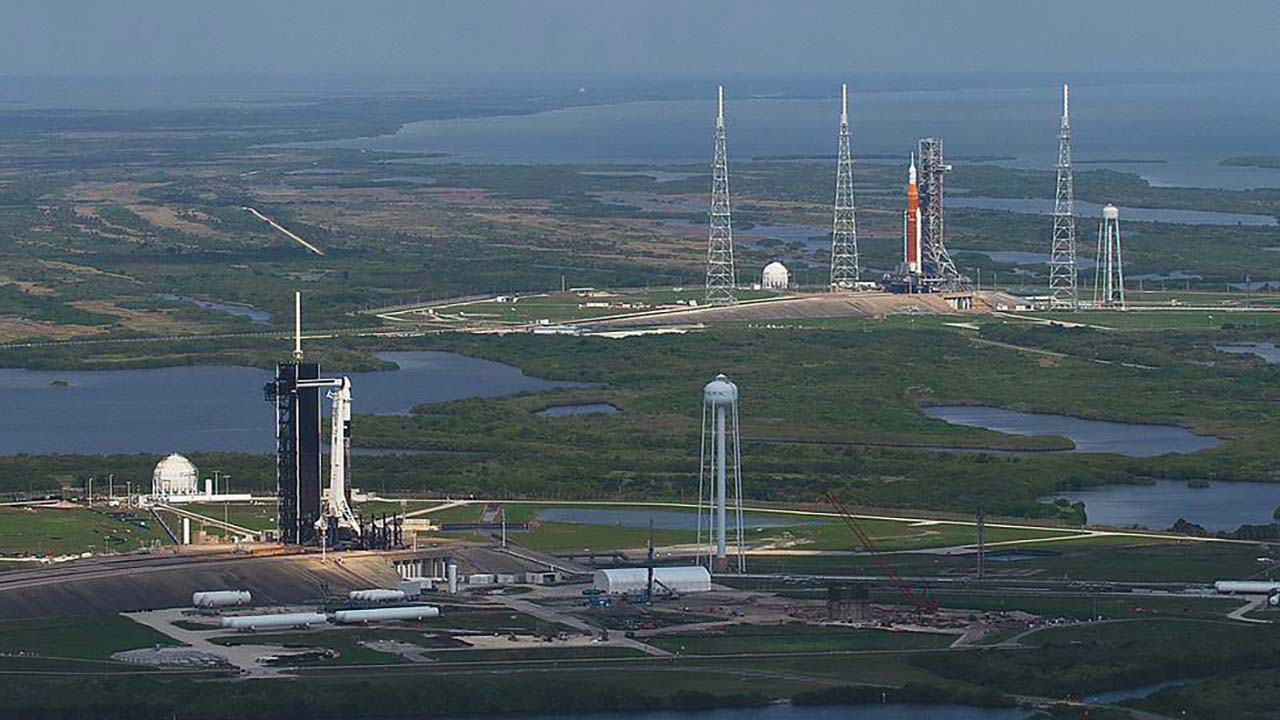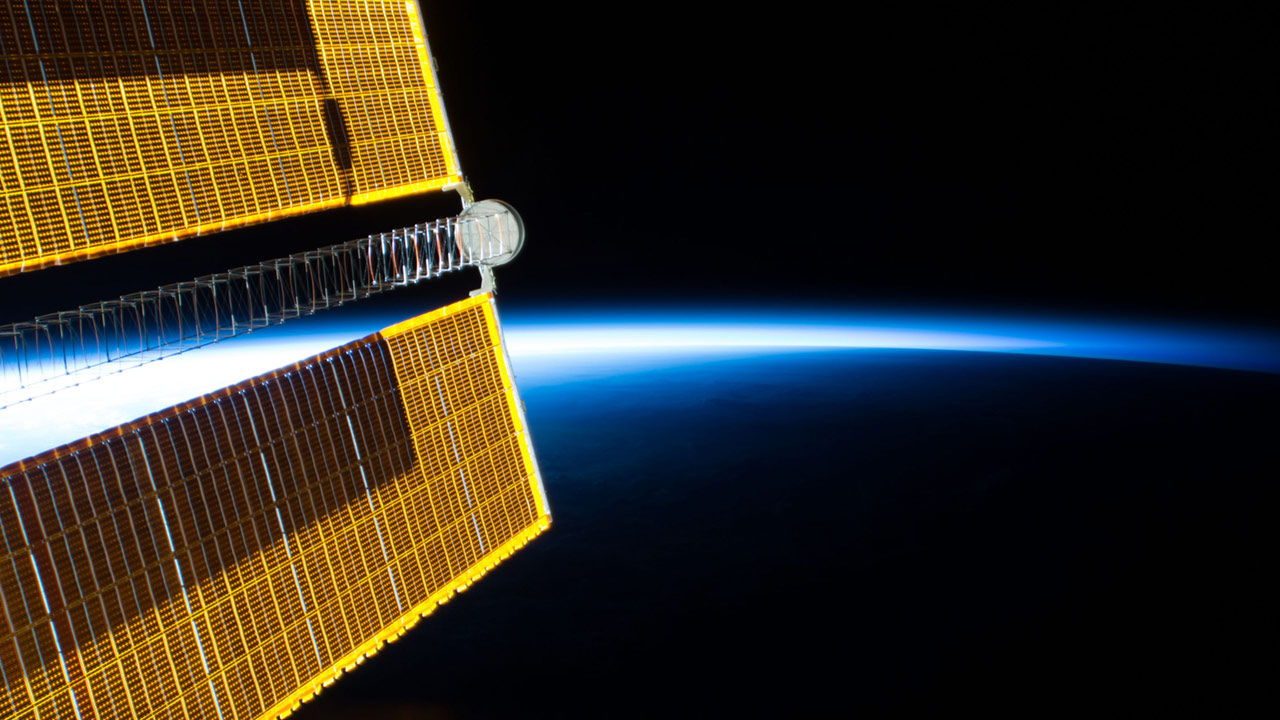Dr. Robert Ferl uses microgravity to study plant behavior and adaptation.

Dr. Robert Ferl is a geneticist, molecular biologist, and space biologist. He is Director and Distinguished Professor at the Interdisciplinary Center for Biotechnology Research (ICBR) at the University of Florida-Gainesville. He and his colleague Dr. Anna-Lisa Paul run the University of Florida Space Plants Lab.
Dr. Ferl studies how plants adapt to extreme environments, especially at the level of their DNA. He subjects plants to environmental stressors such as lack of oxygen, low pressure, extreme cold, and microgravity (weightlessness). He and Dr. Paul have sent several experiments to the International Space Station to learn how plants respond to prolonged microgravity. They’ve found that plants respond very quickly to microgravity by turning on and off certain genes in certain parts of the plant, thus changing the rates of chemical processes in their cells.
“Plants growing in space experience a unique array of environmental impacts... You can imagine the incredible array of different environments possible during spaceflight or in extraterrestrial habitats.”
Dr. Ferl’s research is useful for selecting crops to grow in regions impacted by climate change, growing food on long space missions, or even farming on Mars. In addition to providing food, plants in space could be used to filter wastewater, eliminate carbon dioxide, and produce oxygen.











